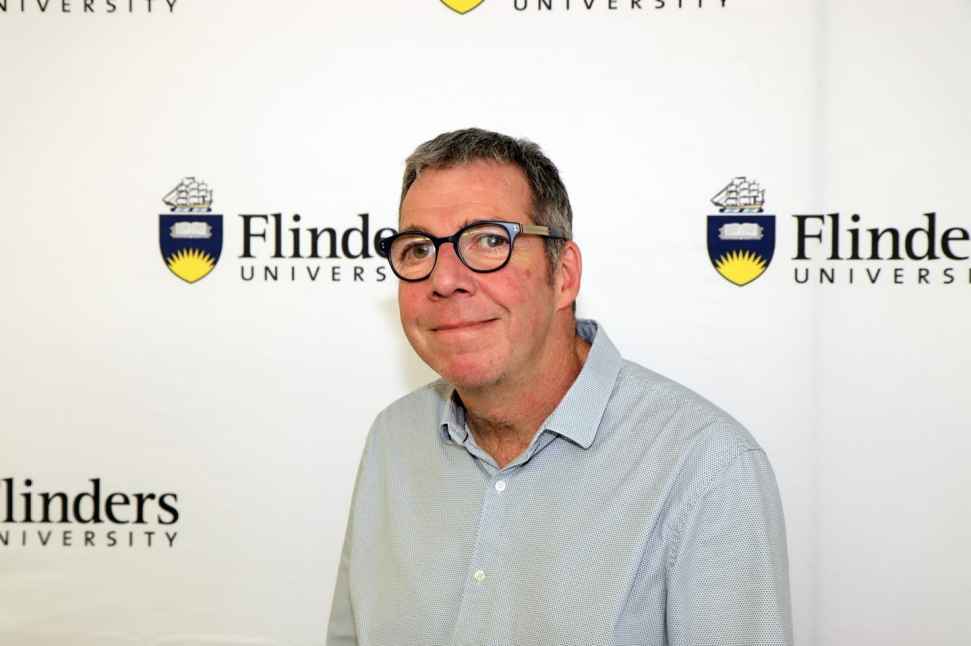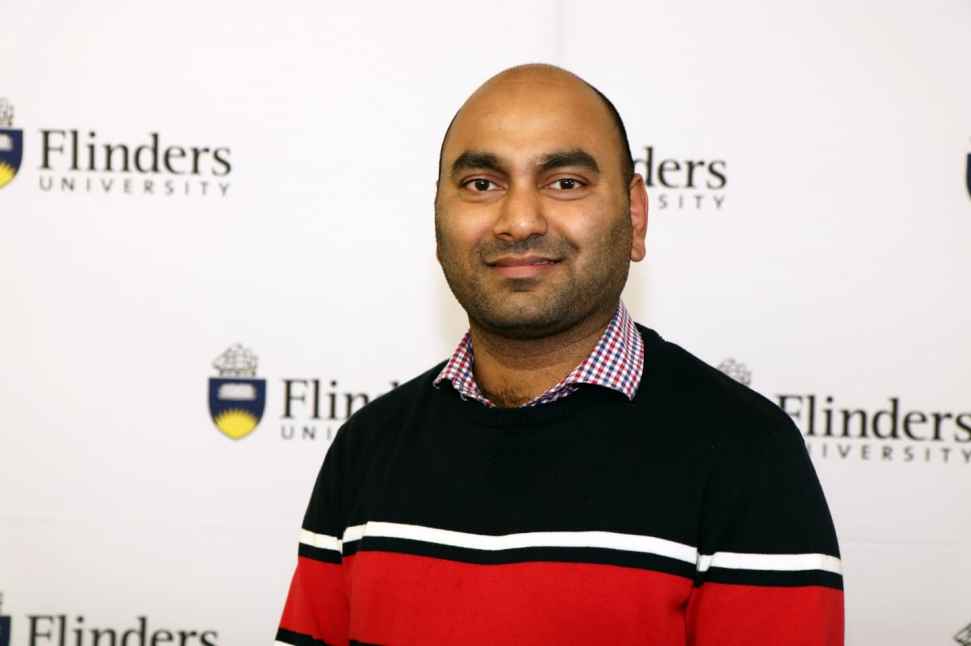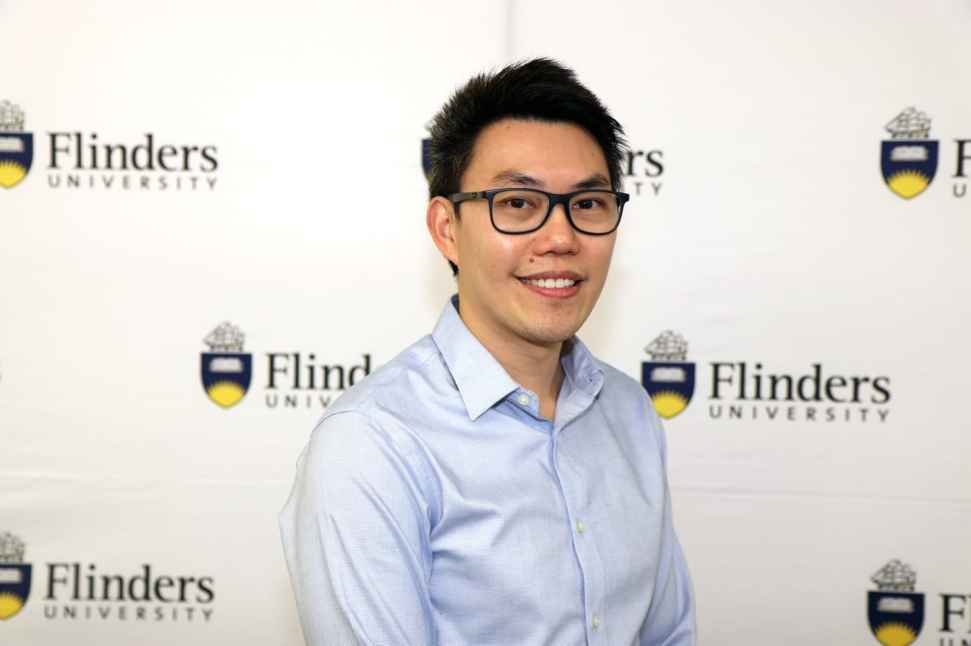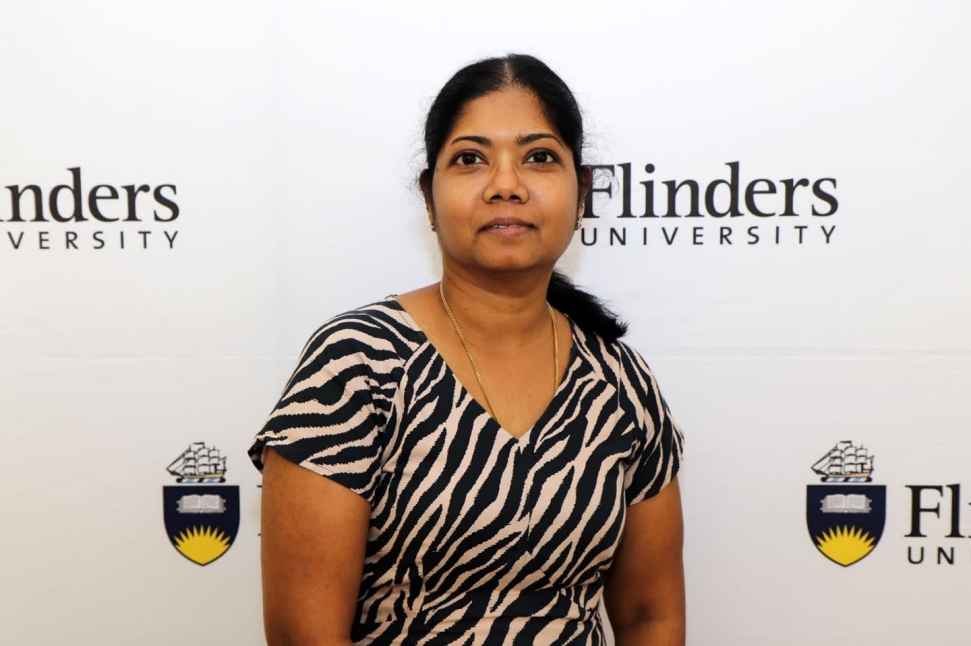Help people protect and care for one of our most precious gifts – eyesight.
What does a career in optometry look like?
Optometrists provide a wide range of services including testing vision, prescribing glasses and contact lenses, assessing and treating vision problems and managing complex eye conditions.
As an accredited optometrist, you’ll work with patients young and old, undertaking routine eye tests, diagnosing conditions such as macular degeneration, cataracts and glaucoma, and treating eye and vision health issues such as acute infections and inflammation, diagnosing and referring conditions that need ophthalmological care such as retinal tears, detachments, and the effects of diabetes.
Employment growth

Labour Market Information Portal, Department of Jobs and Small Business
Potential occupations
- Ophthalmic industry consultant
- Pharmaceutical industry consultant
- Clinical optometrist
- Outreach optometry coordinator
- Paediatric optometrist
- Public health optometrist
- Research optometrist
This degree is accredited by the Optometry Council of Australia and New Zealand.
Potential employers
- Independent optometry practice
- Corporate optometry companies
- Vision rehabilitation/low vision clinics
- Hospitals
- Government organisations
- Community health centres
- Outreach services or programs
- Universities
- Research centres
- Optical companies
- Pharmaceutical companies



Why study Optometry at Flinders?
- Flinders enjoys placement partnerships with many exceptional organisations such as Luxottica, Specsavers, Royal Society for the Blind, United Care Wesley Marion, Migrant and Refugee Service in SA, Australian College of Optometry, and many independent optometrists and ophthalmologists.
- More than 400 hours of work placement are built into the Master of Optometry course with at least one rural or remote placement, providing valuable practical experience and connection to industry.
- Opportunities for unique learning experiences with overseas placements in vulnerable communities in Nepal, Southern India and China.
- Our academics have a personal approach to learning and the relationships we have with our students and graduates are highly supportive and long-lasting.
- Our teaching specialists in the Master of Optometry are all working clinicians and we have dedicated experts in the field of electrophysiology, myopia, ocular biomarkers and imaging, public health, contact lenses and paediatrics.
- Students will build a solid foundation of theoretical knowledge and practical understanding to ensure they are career-ready at graduation.
- Our Optometry program features unique learning topics including ophthalmology, communication for the consulting room, and a business intensive module.
- Flinders offers a state-of-the-art optometry laboratory and equipment such as optical coherence tomography angiography, Pentacam, Optos, VR Magic, a virtual reality training suite for clinical skills that are embedded throughout the degrees.
- Health2Go is a purpose-built facility providing the community access to a range of affordable, high quality health services including student-led optometry services. We give you the opportunity to work with clients alongside professional clinicians to gain real-life experience.
- Many of our teaching staff are also active researchers and members of the Caring Futures Institute, publishing in leading eye research journals.
- We ensure our programs always have the latest evidence-based learning outcomes.

Academic Lead: Associate Professor Jason Booth
Jason joined Flinders in 2014 and has helped maintain the authenticity of the work integrated learning experiences for students both on and off campus to ensure they are taught clinical diagnostic thinking skills.
Jason’s first role as an optometry graduate was in Broken Hill. He has since worked in community practice in many locations over the years.

Senior Lecturer: Dr Paul Constable
Paul studied Optometry at the University of Melbourne before moving to London in 2001 where he worked as an optometrist and lived in Toulouse.
He completed a PhD at City University London, where he became a lecturer in optometry at City University of London between 2009 and 2014 and Senior Lecturer in 2015. Aside from his teaching role, Paul is also a researcher within our Caring Futures Institute. Recently, he has developed a new eye scan that could identify autism in children years earlier than currently possible.

Course Coordinator: Dr Ranjay Chakraborty
Ranjay graduated in Optometry from the Elite School of Optometry, Chennai, India in 2006. After working as an optometrist for three years in India, he joined the PhD program in Vision Science at the Queensland University of Technology. Ranjay’s PhD was one of the first investigations to bridge the work on daily rhythms of the eye structures and myopia (or short-sightedness) development in animal models to human eyes, and was awarded the Outstanding Doctoral Thesis Award in 2013. Following the PhD, he did 3.5 years of postdoctoral fellowship in the Department of Ophthalmology at Emory University in Atlanta, USA.

Placement Education Coordinator: Dr Jeremiah Lim
Jeremiah was an Optometrist in Singapore in 2005 where he worked in private and public practice. He graduated from Melbourne University in 2009 with distinction and has since practised across more than 50 locations across Victoria. Under a strategic plan by the Melbourne Neuroscience Institute, Jeremiah was offered the prestigious STRAPA award aimed at attracting clinicians into research. At the Melbourne brain centre, he undertook pioneering work in the field of ocular biomarkers during his PhD candidature. His research attracted international attention and he was awarded the Eberhard Dodt Award in 2016 for his contribution to retinal electrophysiology in Alzheimer’s disease. His doctoral thesis was accepted in 2018 by the University of Melbourne. While there, Jeremiah was also teaching in the Doctor of Optometry program.

Student Experience Coordinator: Dr Mallika Prem Senthil
Mallika is an ophthalmologist with extensive clinical, teaching and research experience in both universities and health sectors. She worked as a consultant ophthalmologist in India between 2000 and 2004 and then moved to Malaysia, joining the Department of Ophthalmology at the University Malaysia Sarawak as a Senior Lecturer as well as a Consultant Ophthalmologist at the Sarawak General Hospital.
Over nine years in Malaysia, Mallika achieved numerous academic and professional service excellence awards. She also embarked on various clinical and academic research projects.
In 2014, she was invited to undertake a doctoral study at Flinders and was offered two prestigious Australian scholarships.
Frequently asked questions
Yes. 2019 employment projections for the five years to May 2024 show the Optometrist and Orthopist profession is projected to grow 15.7% Australian Labour Market Information Portal.
This degree is accredited by the Optometry Council of Australia and New Zealand. Graduates will be eligible to register as optometrists.
The Bachelor of Medical Science (Vision Science)/Master of Optometry requires full-time study and is not offered externally or on a part-time basis.
Yes, students are required to complete clinical placements in year 5 of the Bachelor of Medical Science (Vision Science)/Master of Optometry. The final year is considered an internship designed to transition our graduates into the workforce.
If you are unable to maintain the Grade Point Average (GPA) requirements to progress to the Master of Optometry, you will be awarded a Bachelor of Medical Science (Vision Science).
The current pandemic situation (COVID-19) will affect many aspects of your study, from topic availability on campus to how your classes are delivered. For detailed information about the impact of COVID-19 on your study please refer to the Coronavirus (COVID-19) information page.
- Applications are completed via SATAC
- Visit: satac.edu.au
I am an
International Student
Australia or New Zealand.
I am a
Domestic Student
I'm an Australian Permanent Resident
(including Humanitarian Visa holders).
![]()
Sturt Rd, Bedford Park
South Australia 5042
South Australia | Northern Territory
Global | Online



